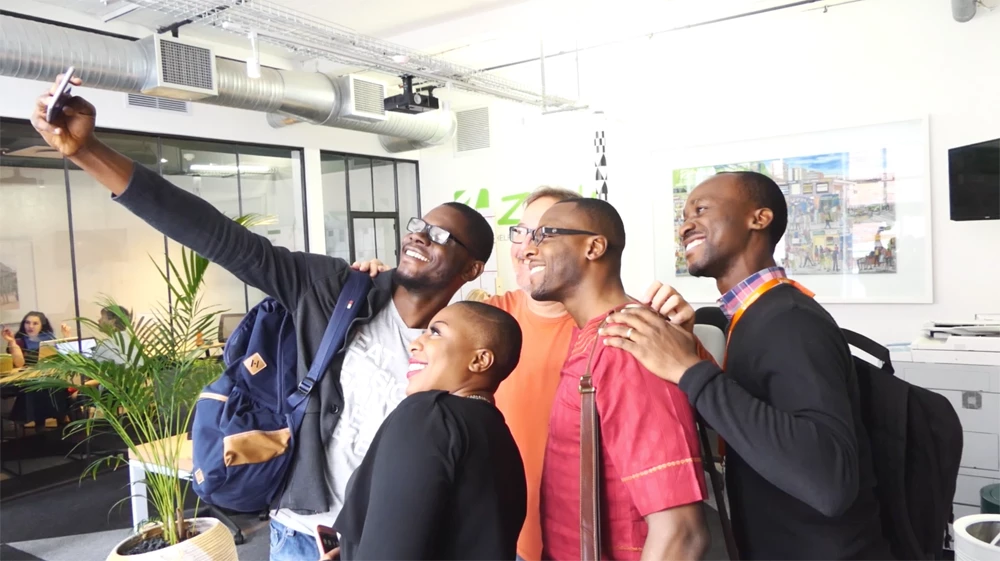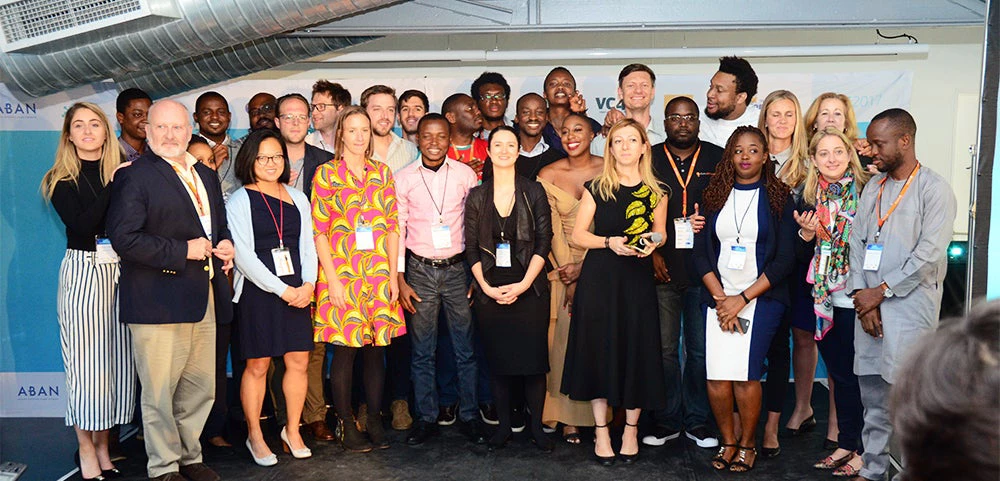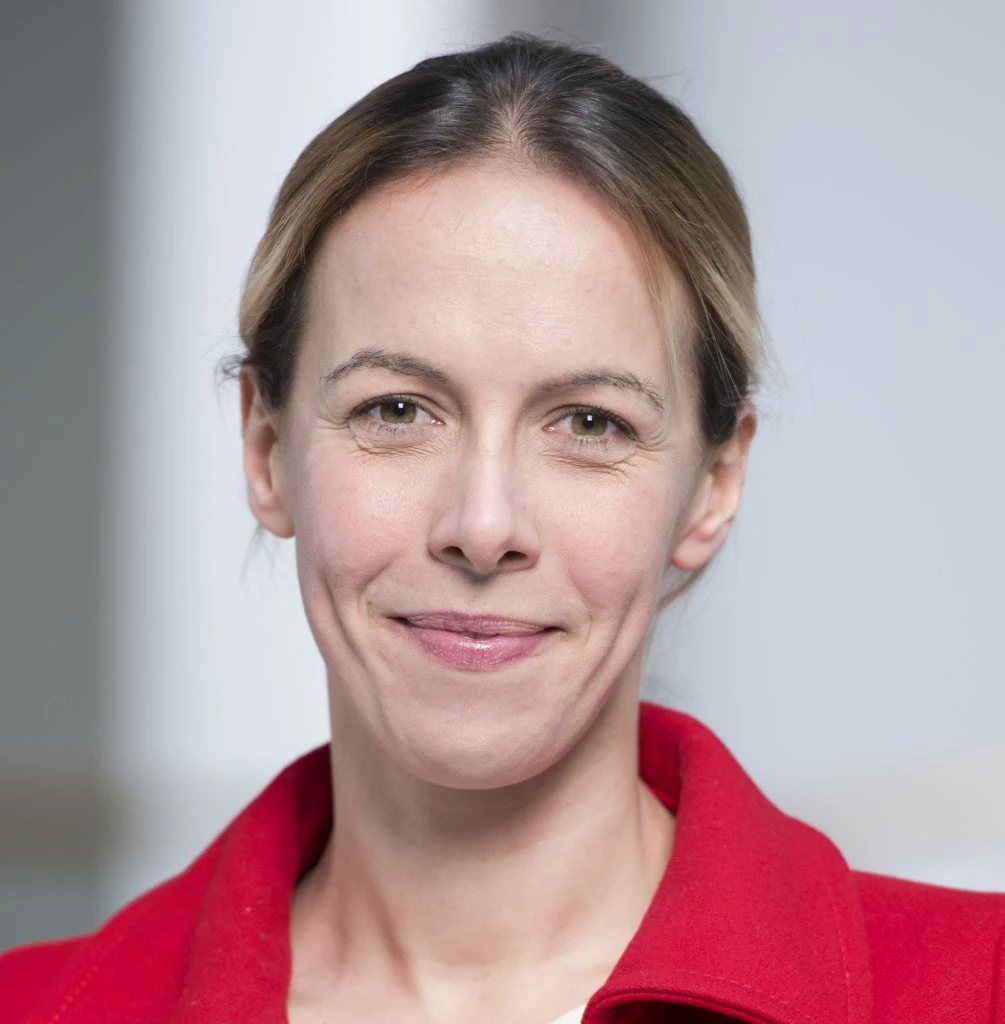
The World Bank Group has helped strengthen the ecosystem for digital entrepreneurs and seed digital incubators in several countries around the world, including Kenya, Senegal, and South Africa, just to name a few. Start-ups in these “mLabs” have developed or improved more than 500 digital products or services, and some 100 early stage firms raised over $15 million in investments and grant funding. But is this the answer to scaling growth entrepreneurs on the continent?
In recent years, a common grievance expressed by investors is that incubator and accelerator graduates are not “investible.” Yet, acceleration programs are gaining traction in Sub-Saharan Africa and remain a popular method for new business creation.
Our own assessments identified both a mentoring and investment gap, so we designed regional and pan-African acceleration programming to address just these issues.
We launched XL Africa — a pan-African acceleration program of the World Bank Group's Finance, Competitiveness & Innovation Global Practice — to find the 20 most promising digital start-ups poised for growth and to demonstrate that the continent can produce world-class entrepreneurial talent that is actively using disruptive technologies. We didn’t expect 900 applications and were incredibly pleased when 17 of the continent’s leading early stage investors took the chance to support this pilot initiative.
The result? A portfolio of African companies from eight countries that have over 500 highly skilled employees and cumulatively have raised $20 million. Most of these start-ups are transforming traditional industries and disrupting old business models. For instance:
- Coin Afrique is a leading peer-to-peer mobile marketplace servicing French-speaking Africa.
- Aerobotics is a data analytics company in South Africa that uses aerial imagery and machine learning algorithms to optimize crop performance for farmers using a cloud-based data platform.
- Snapplify is an EdTech company specializing in digital education and content distribution and is the largest distributor of digital education materials in Africa, used in over 800 private institutions and government schools.
Following three months of virtual mentorship, the XL Africa companies convened in the vibrant Cape Town for a two-week residency, including face-to-face learning sessions. From day one, they pitched at major investor and corporate conferences: AfricArena and Africa Com.
The residency culminated in a Venture Showcase integrated into ABAN’s fourth Annual Angel Investor Summit. XL Africa does not take equity stakes in the start-ups so as to maximize their opportunity to secure private investment by showing them off as much as possible.
So, is pan-African acceleration the panacea for scaling growth entrepreneurs? No, but if done right, it is an important tool for mobilizing entrepreneurial ecosystem players. It puts a spotlight on firms that are committed to expanding their operations and creating jobs on the continent and in need of capital and strategic mentorship to do so.
Engaging private investors, corporations, and especially policymakers creates an important opportunity to create a common understanding around policy issues that can hinder or unleash the growth of tech firms.

We learned a lot from this pilot and these lessons are already informing a new generation of World Bank Group entrepreneurship programming. Key takeaways include:
- Acceleration had a bad rap in Africa. Many regional and corporate accelerators offer superficial access to mentorship and investor networks, resulting in few start-ups landing investments and disenchanted investors. XL Africa was purposely positioned as an investment readiness program to restore confidence in this type of activity.
- Filtering 900 to 20 was no easy task. We identified 50 high-caliber digital companies for 20 spots. These companies met the criteria of being based in Africa and having raised previous funding, demonstrated traction, and a scalable business model.
- Ecosystem building remains essential. There is no getting around the need for national and regional ecosystems to support a strong pipeline of viable future African growth champions. Several African ecosystem stakeholders expressed a keen interest in partnering on future iterations of regional and pan-African acceleration, an important step in ownership and hopefully greater sustainability and rootedness of these efforts.
- Leverage Investors Early. The team engaged the IFC’s Startup Catalyst team, major investor groups (angels and VCs), and corporate partners to refer, select, mentor, and support the 20 top start-ups.
- Women entrepreneurs require special attention. We emphasized the recruitment of women entrepreneurs, mentors, and judges, and leveraged numerous networks to find them. Tailored preparatory programming needs to be designed to engage female entrepreneurs and for them to scale.
- Mentorship is a critical blind spot. Formal mentorship systems are underdeveloped across Africa. Although all companies were matched with “global” and “local” mentors for advice on entering new markets and maximizing presence in local markets, the recruitment of local mentors posed a significant challenge for XL Africa. Future pan-African and national programming ought to catalyze regional ecosystem mentors and the African diaspora.
- Practical learning from peers. Entrepreneurs learned just as much from exchanges with their others in the cohort as they did from their mentors, especially on topics specific to local ecosystems such as HR, employee stock options, or management compensation.
- Leverage Local Partners. For the Cape Town residency, XL Africa leveraged an incredible array of local players to showcase how a well-functioning ecosystem can unlock access to services, facilities, and partners that are geared toward supporting start-ups in Africa.
XL Africa is supported by the governments of Finland, Norway, and Sweden and implemented by IMC Worldwide, Koltai & Co., and VC4A. Natalia Pipia of IMC Worldwide also contributed to this article.




Join the Conversation